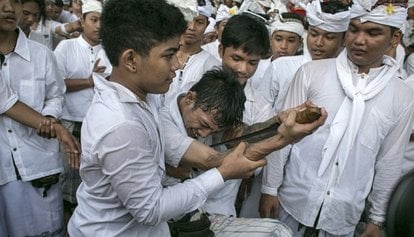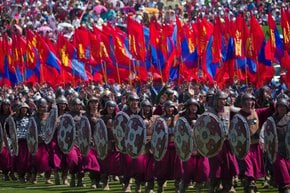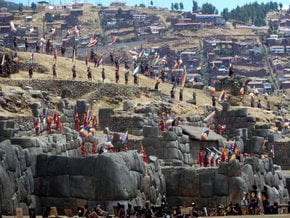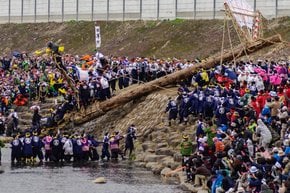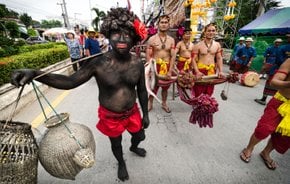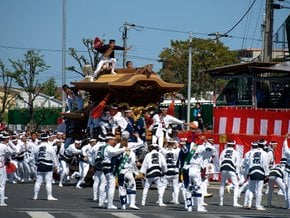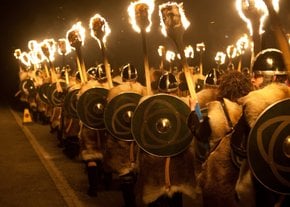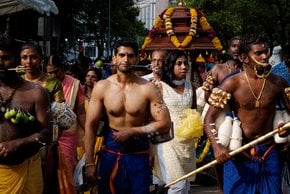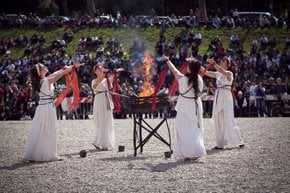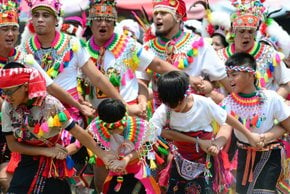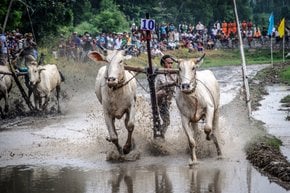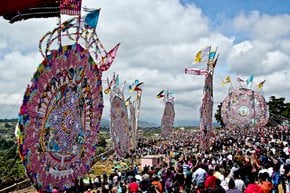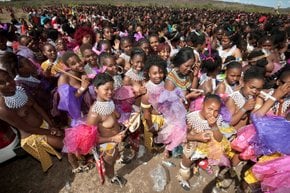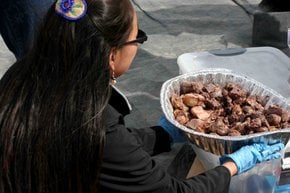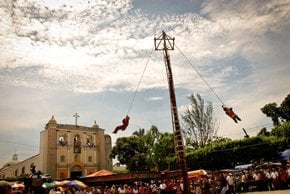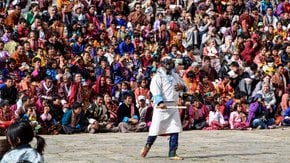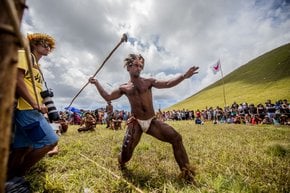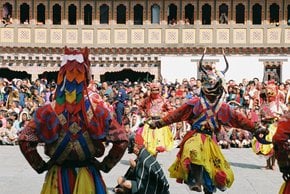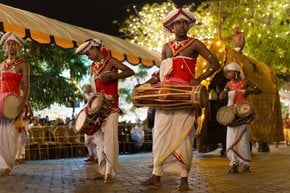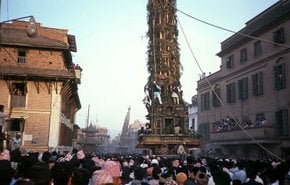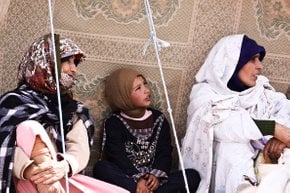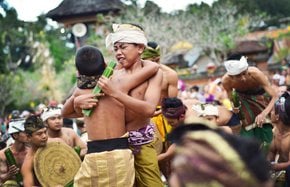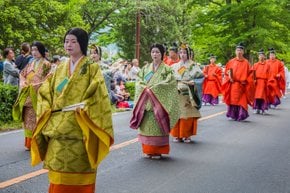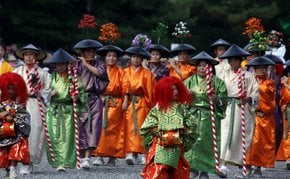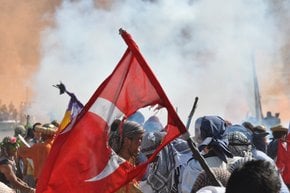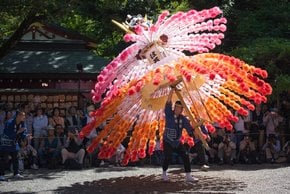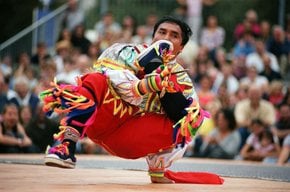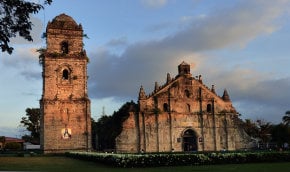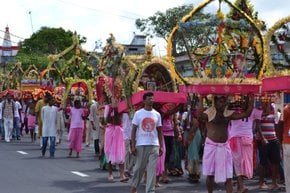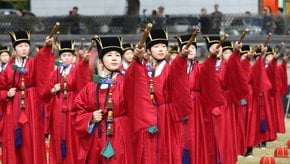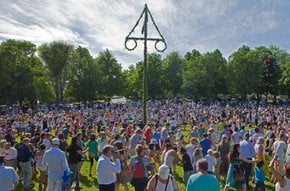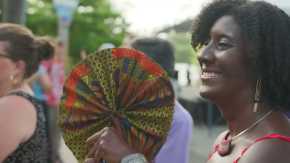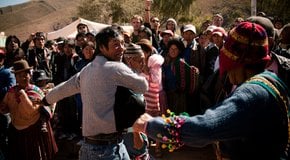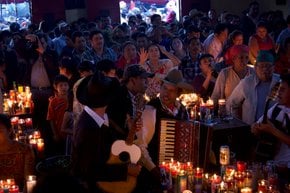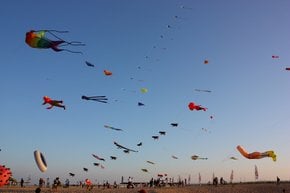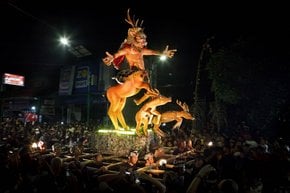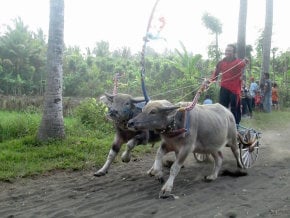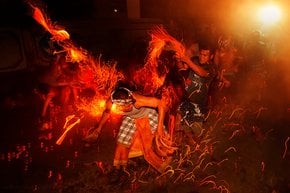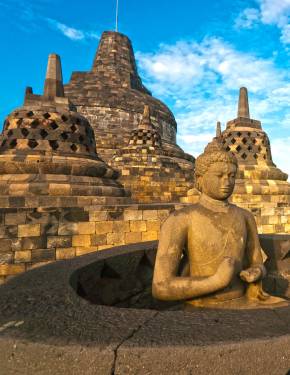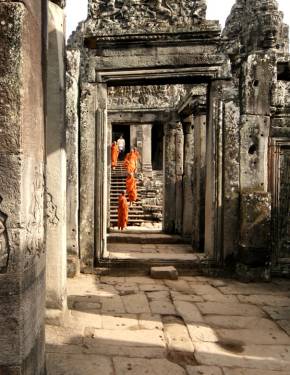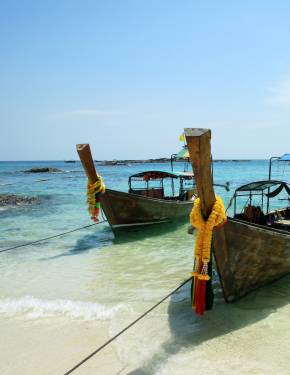Ngerebong or Ngurek 2025 in Bali
Stabbing and not bleeding ritual of protecting the island from the bad spirits
Dates: May 11, 2025
Ngerebong, also known as Ngurek, is a mystical Balinese ceremony held eight days after Kuningan Day in Kesiman Village, Denpasar. Known for its intense rituals, this event showcases traditional Balinese spiritual practices intended to connect humans with divine forces, ward off negative spirits, and maintain harmony within the universe. For those interested in understanding Bali’s rich cultural heritage, Ngerebong provides a unique, intense, and solemn experience.
Spiritual Significance and Ritual Activities
At the heart of Ngerebong is the concept of "Tri Hita Karana," a Balinese principle aimed at fostering harmony between humans, gods, and nature. The ritual begins with prayers at the Petilan Temple in Kesiman, where participants, known as pemedek, seek blessings and spiritual guidance. The ceremony’s main activity involves a procession around the Wantilan, or temple hall, where participants may enter a trance-like state. Under the influence of this trance, individuals often perform acts of self-stabbing, known as Ngurek, using traditional daggers. This trance ritual, which leaves participants unharmed despite the appearance of extreme acts, is believed to be a sign of divine protection.
Schedule and Program Details
The Ngerebong ceremony typically starts around 9 am and continues until sunset. The day begins with ceremonial preparations, including the Nyanjan and Nuwur Ida Bhatara rituals, which aim to invite sacred energies from the heavens to bless the community. Following these prayers, the participants gather and commence the procession around the Wantilan. Traditional Balinese music, along with the dance of Barong and Rangda—symbolic representations of good and evil—accompanies the ritual, enhancing the mystical atmosphere.
During the event, it is common for local security, or pecalang, to close surrounding streets to ensure smooth proceedings. The ceremony draws large crowds, both from local communities and interested visitors, although certain customs apply, such as a restriction on women who are menstruating from attending due to traditional beliefs about purity during rituals.
Location and Accessibility
Ngerebong is held at Petilan Temple in Kesiman Village, located in Denpasar, Bali’s capital city. The temple is accessible by car, with parking areas available nearby; however, the streets surrounding the event may be temporarily closed, so public transportation or walking is recommended for those staying close to the site. Visitors interested in exploring nearby attractions can also find various cultural landmarks and temples within a short distance, allowing for a more immersive experience of Balinese spirituality and heritage.
History and Evolution of Ngerebong
The origins of Ngerebong trace back centuries, with the term “Ngerebong” derived from "Ngereh" (to gather) and "Baung" (spiritual space), signifying a union between the physical and spiritual realms. Historically, the ritual developed as a means to fortify community ties and spiritual beliefs within Balinese Hinduism. Over the years, Ngerebong has retained its essential practices, continuing to blend spiritual, cultural, and communal elements that reinforce the connection between humans, gods, and nature in Balinese society. The consistent lack of injury during the Ngurek ritual is interpreted by locals as a sign of divine presence, reaffirming the importance of the ritual in local culture.

